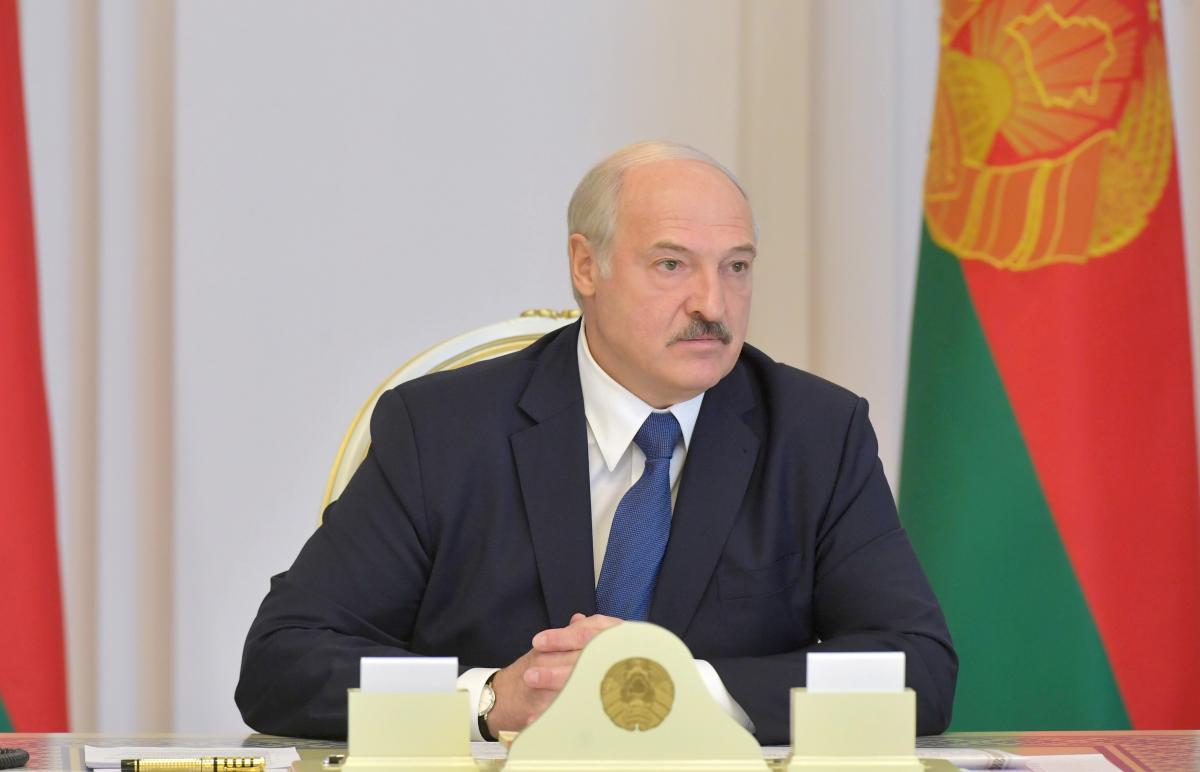
German Foreign Minister Heiko Maas has criticized the idea to pursue with allowing Belarus co-hosting an Ice Hockey World Cup Championship with Latvia this year despite a violent crackdown on peaceful protesters following presidential elections.
Maas tweeted on Thursday that "anyone who is serious about solidarity with Belarus cannot seriously want to hold an Ice Hockey World Championship in this situation. It would be the greatest PR gift for [Belarusian President Alexander] Lukashenko and a devastating signal to the demonstrators. I hope the organizers realize that," Deutsche Welle reports.
Chief of the International Ice Hockey Federation (IIHF), Rene Fasel, earlier met with Lukashenko, later saying that the meeting was not friendly, and that the IIHF has made strict demands of Belarus.
Read alsoU.S. expands sanctions over undermining of Belarusian democracyHe claimed his organization "came in with specific requirements that the government should fulfill in order that [this year's] World Championship can take place in Minsk."
"If we move forward with Minsk as a tournament host, we also must establish a system where we can be assured that the Belarus government is taking concrete actions towards fulfilling the pledges made to the IIHF, otherwise it will not be possible to hold a World Championship in Minsk," Fasel added.
The official signaled his intention that Belarus should remain as a co-host, saying that he hoped sport could be used as "a means to bring people together."
But he revealed that Denmark had put itself forward as a possible replacement if needed, and that discussions were also being held with Slovakia.
Protests in Belarus: Key events
- On August 9, presidential elections were held in Belarus. The country's Central Election Commission said 80.1% of the voters supported incumbent President Alexander Lukashenko, 10.1% voted for his closest rival Svetlana Tikhanovskaya.
- Thousands have taken to the streets to protest what many believe was a rigged vote count. Riot police violently crack down on protesters, detain activists, and open politically motivated cases.
- The European Union has not recognized election results and imposed sanctions against Belarusian officials over vote rigging and the use of violence against protesters.
- On September 23, Lukashenko was sworn in a ceremony behind closed doors in Minsk.
- On October 2, the European Union officially imposed sanctions against 40 representatives of the Lukashenko regime involved in the suppression of peaceful protests and the falsification of the presidential election campaign in Belarus. Lukashenko himself was not on the list.
- On November 6, the European Union imposed sanctions against Alexander Lukashenko and 14 Belarusian officials. As indicated on the website of the European Council, in general, sanctions were imposed against 59 people from Belarus.
- On November 19, EU foreign ministers agreed to begin preparations for the third round of sanctions.

